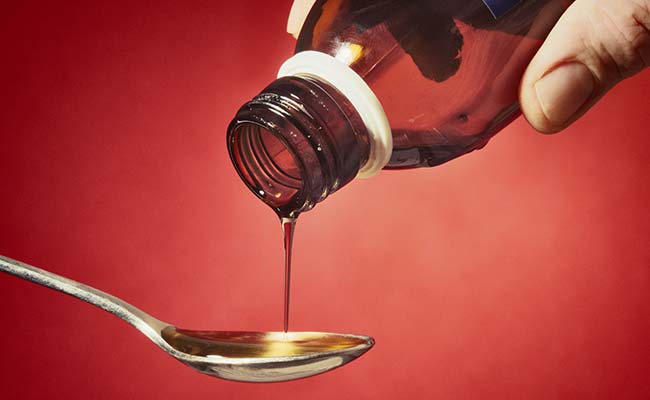Uzbekistan Says Deaths Of 18 Children Linked To India-Made Cough Syrup

According to Uzbekistan, at least 18 country residents have perished as a result of allegedly ingesting cough medication made in India. India plans to investigate the claims. In a statement, the Uzbek health ministry revealed that the youngsters who died had taken the cough medicine Doc-1 Max, which is produced by Noida-based Marion Biotech.
The presence of ethylene glycol, a hazardous chemical, was discovered in a batch of syrups during laboratory testing, the ministry reported. Additionally, it claimed that without a doctor’s prescription, either by the children’s parents or on the advice of pharmacists, the syrup was administered to kids at home at amounts that were higher than those recommended for kids.
According to the ministry, it was discovered that the kids had been taking this syrup in excess of the recommended dose for 2 to 7 days at home, in doses of 2.5 to 5 ml three to four times per day, before being sent to the hospital.
The parents utilised the syrup to treat their colds. According to the statement, Doc-1 Max tablets and syrups have been removed from sale in all pharmacies across the nation following the deaths of 18 children, and seven staff have been let go for failing to act quickly enough to analyse the problem and take appropriate action.
The teams from the Uttar Pradesh Drugs Controlling and Licensing Authority and the Central Drugs Standard Control Organization (CDSCO – north zone) will undertake a combined investigation, it is learned.
From Marion Biotech’s manufacturing facility in Noida, they have obtained Doc 1-Max cough syrup samples for testing. Uzbekistan was also asked for a report on the casualty assessment. India-made cough syrups have been the subject of scrutiny twice in the past year.
The WHO had earlier said that laboratory analysis of Maiden cough syrup had confirmed “unacceptable” amounts of diethylene glycol and ethylene glycol, which can be toxic and lead to acute kidney injury.
Picture Courtesy: Google/images are subject to copyright








